
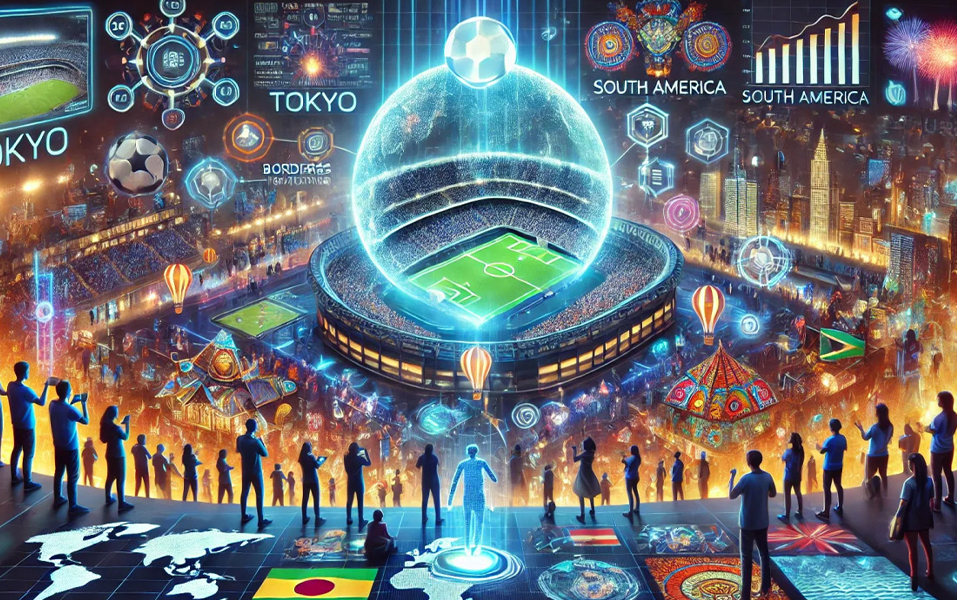
Imagine walking into a space where thousands of people, dressed as their favorite superheroes, musicians, or race car drivers, come together with one goal—to celebrate their passion. The energy is electric, the excitement is contagious, and businesses are paying close attention. Welcome to the new era of event management, where fan-driven events like Comic-Con, BTS ARMY gatherings, and the Formula 1 Grand Prix are setting new benchmarks for engagement, sponsorships, and revenue generation.
Events today are no longer about just selling tickets and organizing performances. The real power lies in fandoms, which are shaping how events are planned, executed, and monetized. Take Comic-Con, for example—what started as a small comic book convention in the 1970s has grown into a billion-dollar industry, with major movie studios, gaming companies, and celebrities using it as a platform to connect with fans.
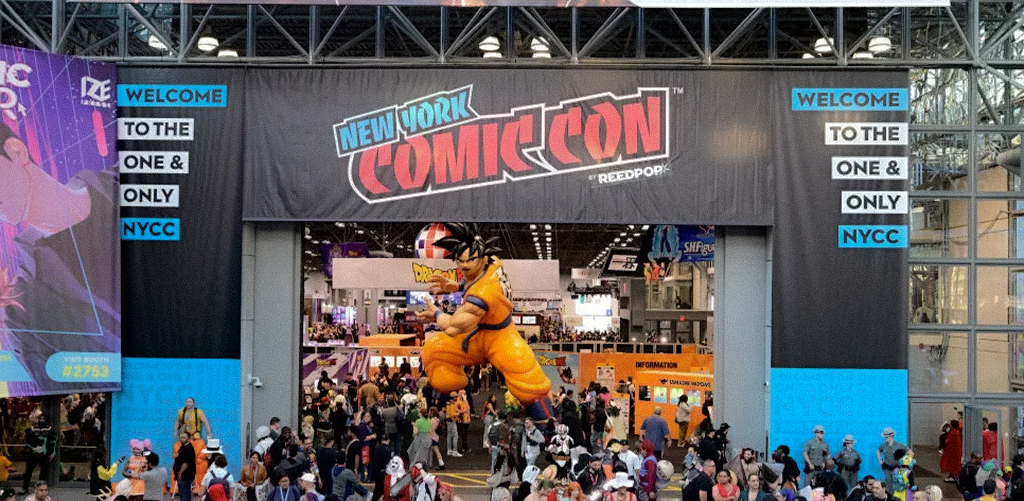
The Global Event Management course at JD Institute of Fashion Technology teaches students how to understand audience behavior, leverage pop culture trends, and create events that go beyond expectations.
Selling tickets is no longer just about getting people through the door. Events today focus on multiple-tier ticketing models, offering different experiences at different price points.
A perfect example is the Formula 1 Grand Prix. Standard tickets allow entry to the race, but premium packages offer VIP hospitality, exclusive pit lane access, and even meet-and-greet opportunities with drivers. This approach not only increases revenue but also enhances fan engagement.
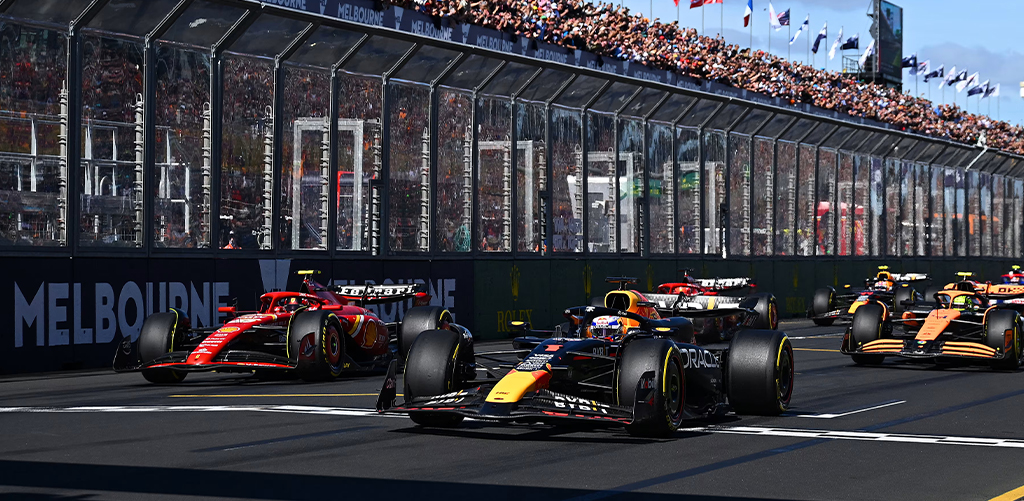
For event planners, understanding how to price and package tickets is crucial. The Global Event Management program at JD Institute helps students learn about dynamic ticket pricing, VIP experiences, and revenue-maximizing strategies.
The most successful events don’t just entertain—they involve fans. With the rise of digital technology, interactive experiences have become an essential part of event planning. At San Diego Comic-Con, for example, Warner Bros. created a Batman-themed escape room, allowing fans to live inside the world of Gotham.
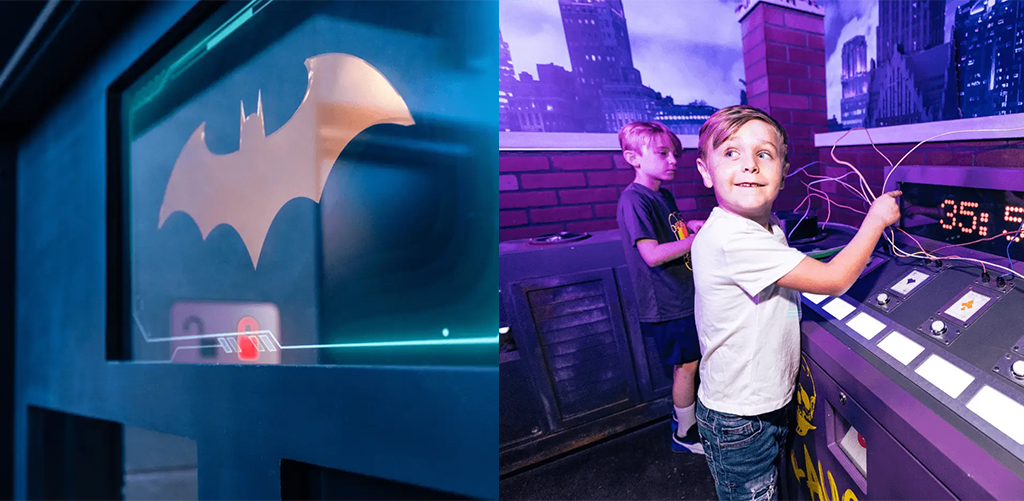
Similarly, during the BTS online concerts, fans could participate in real-time by customizing digital light sticks, chatting with members, and even appearing on virtual screens during the performance.
This growing trend of interactivity is a game-changer in event management. To succeed in this field, future event planners need to understand how to blend physical and digital experiences to create unforgettable events.
For fan-driven events, merchandise isn’t just an extra—it’s an essential part of the experience. Limited-edition collectibles, clothing lines, and themed accessories generate massive revenue.
Consider Formula 1’s official merchandise—teams release exclusive racing gear, which sells out within days. Similarly, at BTS fan events, everything from official albums to light sticks is a must-have for ARMYs, contributing significantly to the band’s revenue.
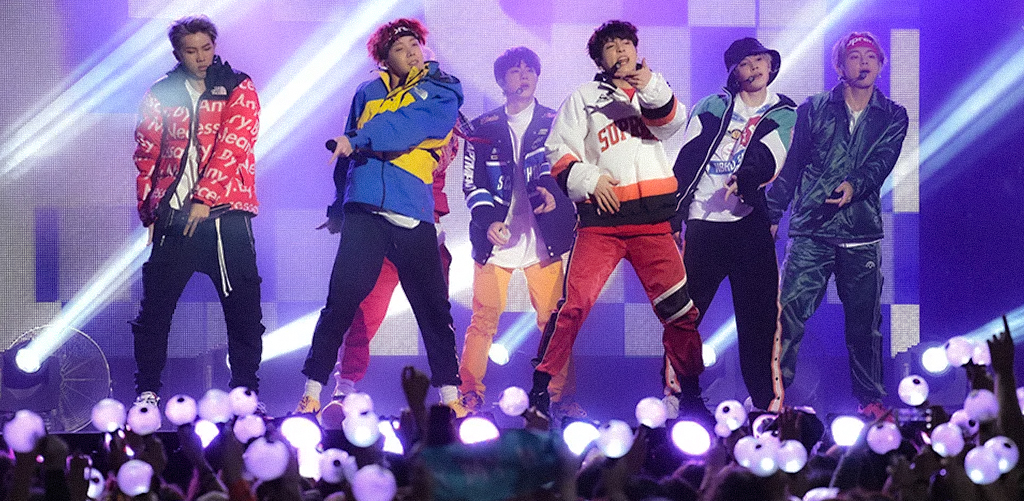
Understanding the impact of merchandise sales in events is crucial for future event managers, and courses like JD Institute’s Global Event Management program cover such strategies in it.
The success of Comic-Con, BTS ARMY events, and the F1 Grand Prix teaches us that fan engagement is the future of event planning. These events are not just about performances or races; they are full-fledged experiences that blend branding, interactivity, digital integration, and strategic ticketing.
To build a career in this dynamic field, aspiring event planners must learn how to create events that don’t just attract audiences but turn them into loyal communities. If you have the vision to build events that bring people together and create unforgettable experiences, the Global Event Management course at JD Institute is the perfect place to start your journey.
So, are you ready to make your mark in the event industry?